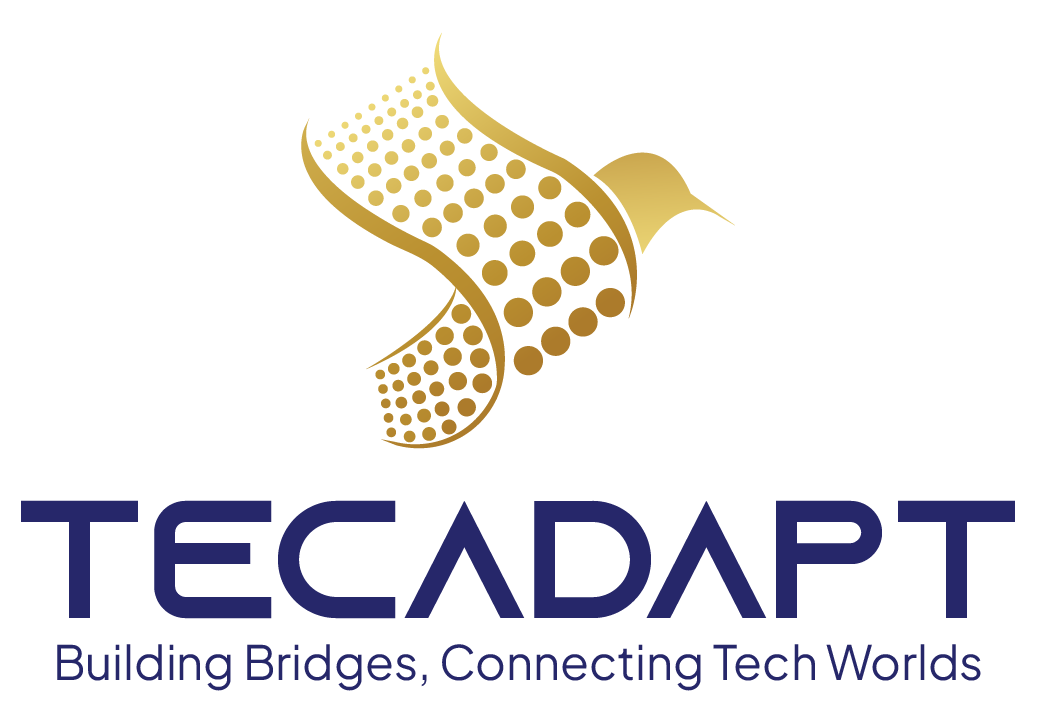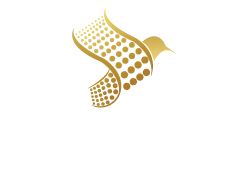
How Technology is Reinventing Human Resources
The workforce is constantly changing, and the rapid pace of technological advancement has brought forth an era of transformation in every aspect of our lives. One of the areas that has been profoundly impacted by technology is Human Resources (HR). Technology has redefined how we recruit, train, and manage employees. What was once a predominantly administrative function is now a strategic one.
In the last few years, we have witnessed a sea change in HR processes, as a result of emerging technologies such as Artificial Intelligence (AI), Robotic Process Automation (RPA), and Machine Learning (ML). These technologies have transformed several key processes to the extent that everyone is now talking about HR3.0 – the new wave of HR or the reinvention of HR, so to speak. But how is technology transforming human resources and what are the potential benefits and challenges that come with this transformation? Let’s look at some of the ways in which we can leverage the power of technology and develop novel ways to provide the best HR experience.
1. Hybrid Work
Many of the largest companies in the world have made it possible for their employees to work remotely. In early 2022, We discontinued the Attendance System for its employees in India in an attempt to transform the post-pandemic norms of work culture, workstyle, and workplace.
“We, at Techadapt believe that Trust is at the core of our culture. The employees of Techadapt are self-motivated individuals with strong commitment towards the company and its growth. By removing the attendance system, we are not only aiming to enhance the flexibility and efficiency of our workforce, but also strengthen mutual trust and passion.”
It is becoming increasingly important that technology be integrated with proactive human resources so that employees are able to have an engaging experience with co-workers, managers, and the leadership, irrespective of their location. With the help of the right set of technology tools, managers can track progress and collaboration among their teams.


Hybrid work is one of the top HR trends that will continue to be popular in the years to come. Technology has made various tools available to help organizations become more agile and adapt to the hybrid working environment.
2. Recruitment
Recruitment is one of the most critical aspects of HR. What started with job postings in newspapers, flyers, and in-person recruitment drives and primarily an administrative and clerical process in the past, has now transcended spatial and temporal limitations and turned into a more strategic function with the advent of technology. Companies can now leverage social media platforms, job portals, and AI-powered recruitment software to find the right talent for the job. This approach is faster and more efficient than traditional methods, and it allows companies to cast a wider net when searching for talent.
In addition, technology has enabled companies to automate the hiring process. For example, they can use applicant tracking systems (ATS) to manage job applications, screen resumes, and schedule interviews. The use of AI-powered chatbots and for recruitment can help companies streamline the hiring process and create a better candidate experience. These technological advancements are saving companies time and resources, and they are making the recruitment process more efficient and effective.
3. Training and Development
The importance of employee training and development cannot be overstated. In the past, companies relied on in-person training sessions and workshops to upskill their employees. But with the advent of e-learning platforms such and other online training tools, training and development have become more accessible and cost-effective.
E-learning platforms offer employees the flexibility to learn at their own pace and convenience. They can access courses from anywhere at any time, making it easier for employees to upskill and stay updated with the latest industry trends. Additionally, the use of virtual and augmented reality in training can help employees acquire practical skills in a simulated environment.
4. Performance Management
Performance management is the process of setting goals, measuring progress, and providing feedback to employees. In the past, performance management was a manual and time-consuming process. But with the advent of technology, companies can now automate performance management using software like performance management systems and 360-degree feedback tools.
These tools enable managers to monitor employee performance, set goals, and provide regular feedback in a more efficient and effective manner. They also enable employees to access their performance data and receive feedback from their managers and peers, thereby empowering them to take ownership of their development.
5. Employee Engagement
Employee engagement is critical to the success of any organization. It refers to the level of emotional connection employees have with their work, colleagues, and the organization as a whole. AI powered data analytics, companies can now leverage employee engagement software to monitor and improve employee engagement.
These software platforms can help managers identify potential issues that may impact employee engagement, such as work-life balance, job satisfaction, and communication. By collecting and analyzing data, companies can make informed decisions that improve employee engagement, retention, and productivity.
Challenges of Technology in HR
While the impact of technology on HR is undoubtedly positive, there are also potential challenges that companies need to be aware of. One of the significant challenges is the potential loss of the human touch. With increased automation, it’s possible for companies to rely too much on technology, leading to a decrease in personal interaction between employees and management.
Another challenge is the need for companies to keep up with the latest technological advancements. With new software and tools being developed regularly, companies need to invest in training their employees to use these technologies effectively.
Conclusion
In conclusion, technology is transforming human resources in significant ways. It is changing how we recruit, train, manage, and engage employees. While there are challenges that come with this transformation, the benefits of technology in HR far outweigh the risks we, at Tecadapt hope to make the best of this transformative time to deploy the best experiences to our employees globally.

